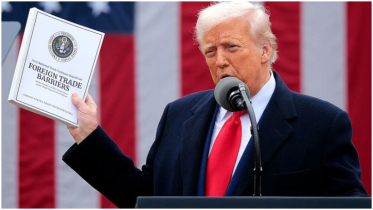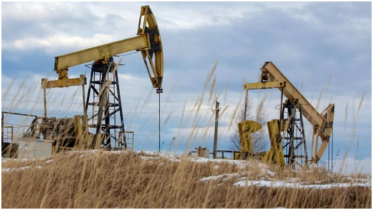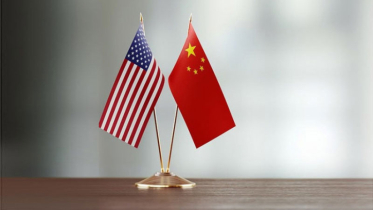Getting the economy back on track

Bangladesh’s persistent high inflation has certainly been a bane for the country for some time now, and while no country has been a stranger to economic downturns as a result of world events such as the Covid-19 pandemic for a country such as ours even a few percentage points in the inflation rate could spell life or death for entire families.
To that end, it is nothing short of heartening to see that inflation in Bangladesh has dropped below 9% for the first time in 27 months. According to data from the Bangladesh Bureau of Statistics the country’s headline inflation rate eased to 8.48% in June, down from 9.05% recorded in May, driven by declining prices in both food and non-food categories. Furthermore, food inflation fell to an even more significant 7.39% in June, marking a drop of 1.2 percentage points from the previous month of May.
While this is a welcome development, the interim government must not become complacent. Inflation remains relatively high, and the fragile gains could easily be undone without further prudent policies. However, it is equally important that the relevant authorities now strike a delicate balance: Keeping inflation in check while also revitalizing economic growth.
While controlling inflation is absolutely crucial, an overemphasis on restrictive policies has always meant stifling economic activity. Private sector credit growth has slowed over the past year, and businesses continue to face high borrowing costs which further dampens investment. If the economy stagnates, job creation will suffer, exacerbating public discontent.
The interim government’s primary role has always been to ensure stability, but it must also lay the groundwork for the next elected government to pursue long-term growth. This means not just managing inflation but also boosting revenue mobilization, reducing wasteful subsidies, and enhancing policy predictability to attract investment -- an immense part of the latter requires the administration making good on its promises of institutional reform as corruption and needless bureaucratic red-tape have always stifled our business and investment climate.
Bangladesh’s inflation going down is absolutely a sign of the right fiscal policies, but the real test lies in sustaining this momentum while reigniting growth.
.png)




